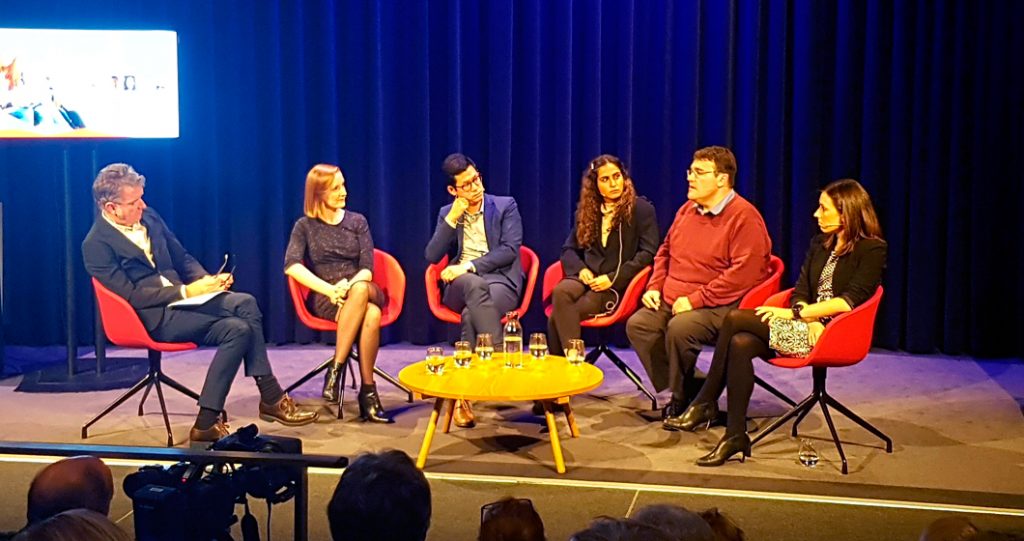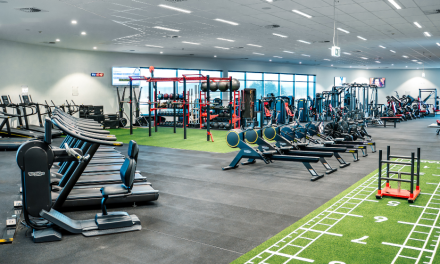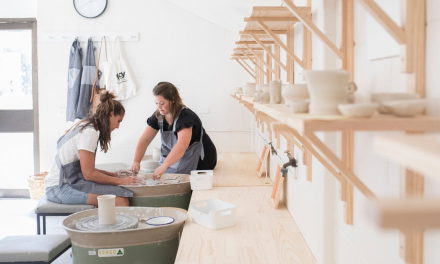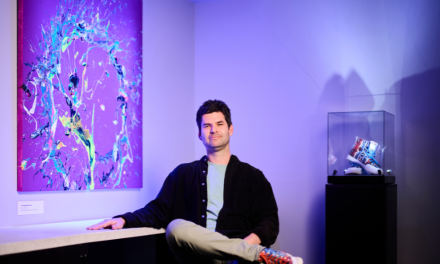As a millennial, life isn’t easy. My generation may be the most educated and have grown up with the greatest exposure to advanced technology, but why do previous generations have a preconceived judgement that we are more advantaged, increasingly lazy and enjoy way too much smashed avo?
Stepping into the Defining Moments Panel Discussion: Are Millennials History, or History in the Making?at the National Museum of Australia, in partnership with ABC’s Radio National, I was ready for a discussion that would empower me and my fellow millennials to go out into the world armed with the knowledge of our key strengths and weaknesses, to make the most of our future together.
However, as a young professional, I was surprised to find that three-quarters of the audience were retired Baby Boomers. There was one group of five or six university students who had made the trip from ANU and a teacher who had dragged his students along for what looked like (by the expressions on their faces) a compulsory school excursion – where were my peeps at?

Despite this, the panel was made up of an eclectic mix of successful opinion leaders of our generation including, author of Generation Less: How Australia is Cheating the Young, Jennifer Rayner; writer and reporter, Andre Dao; Holly Ransom, Chief Executive of Emergent, a consultancy which specialises in marketing to millennials; Tamika Townsend, a Yuin woman who works in Indigenous Affairs ACT; and Frank Bongiorno, the Gen X counterpart and also the Associate Professor of History at ANU.
The discussion ran in line with the Griffith Reviews’ Millennials Strike Back, and the National Museum’s current Defining Moments exhibition, to give the audiences a greater understanding of how our generation was shaped by the past and what our future may hold.
Starting with a round-up of the moments that have had a profound effect on our generation, it became clear that we are at an exciting moment in Australian history.
We live in a time after The Apology by ex-Prime Minister Kevin Rudd, recognising Indigenous Australians; we are the generation driving the movement for same-sex marriage in this country; we stand at the aftermath of the Tampa crisis with a greater respect and acceptance of refugees; and we are a generation of women who have seen the first female Prime Minister who broke through the glass ceiling to show women in business that it is possible to succeed in a male-dominated industry – something that I really felt optimistic about as a young woman in business.
Inspiration was then put aside as the panel discussed our disadvantages – and there were a few.
Jennifer Raynor used home ownership as one example of this disadvantage when she pointed out the fact that the average mortgage today is seven times the average annual wage, compared to when our parents whose average mortgage was approximately three times the annual wage. All millennial panellists agreed that they didn’t know anyone their age who owned their own home.
Holly and Tamika pointed out that our values have changed, a lot of us have the mindset that instead of sacrificing the things we like to do to save for a home – something that we most likely will never be able to afford – we go out and enjoy the things we like to do while we can, including smashed avo at our favourite café.
Because we are the most educated and technically-savvy generation, for us, to get a job we need to have a tertiary education. However, in competitive fields, there is no guarantee that each graduate is provided with the opportunity of a secure job, even after we finish our studies.
Holly used the example of her law degree. She graduated in a class of 700 with a job vacancy rate of just 500 in the local area – that’s ridiculous and I’m honestly surprised that there were even 500 places available.

Through the duration of the panel discussion, I couldn’t help but think about my own situation, and perhaps this will give you some perspective on the issues of our generation.
I am a 23-year-old communications graduate with a HECS debt in excess of $30,000. Luckily, I was able to get my foot in the door at a local agency – something a lot of graduates are unable to do.
I started my career at a wage less than average with a debt that weighed almost the same as my annual salary. Because I come from a modest family, I wasn’t able to afford a gap year, I had to work casually to live away from home and attend university.
I have never travelled overseas, like other people my age, and besides what Malcolm Turnbull thinks; my Baby Boomer parents will not be able to chip in a few $100,000 to help me secure a property in the future.
Because the Baby Boomer generation still makes up a large majority of the work force, it will be a solid five to ten years before they retire from leadership positions, resulting to those in my current position desperately climbing the ranks just to earn a decent income. And people wonder why millennials have the highest percentage of anxiety and depression sufferers per capita.
With this bleak outlook on the future for our generation, I really don’t think that the panel answered the question at hand, leading me to continue to question whether millennials are in fact history or history in the making.






